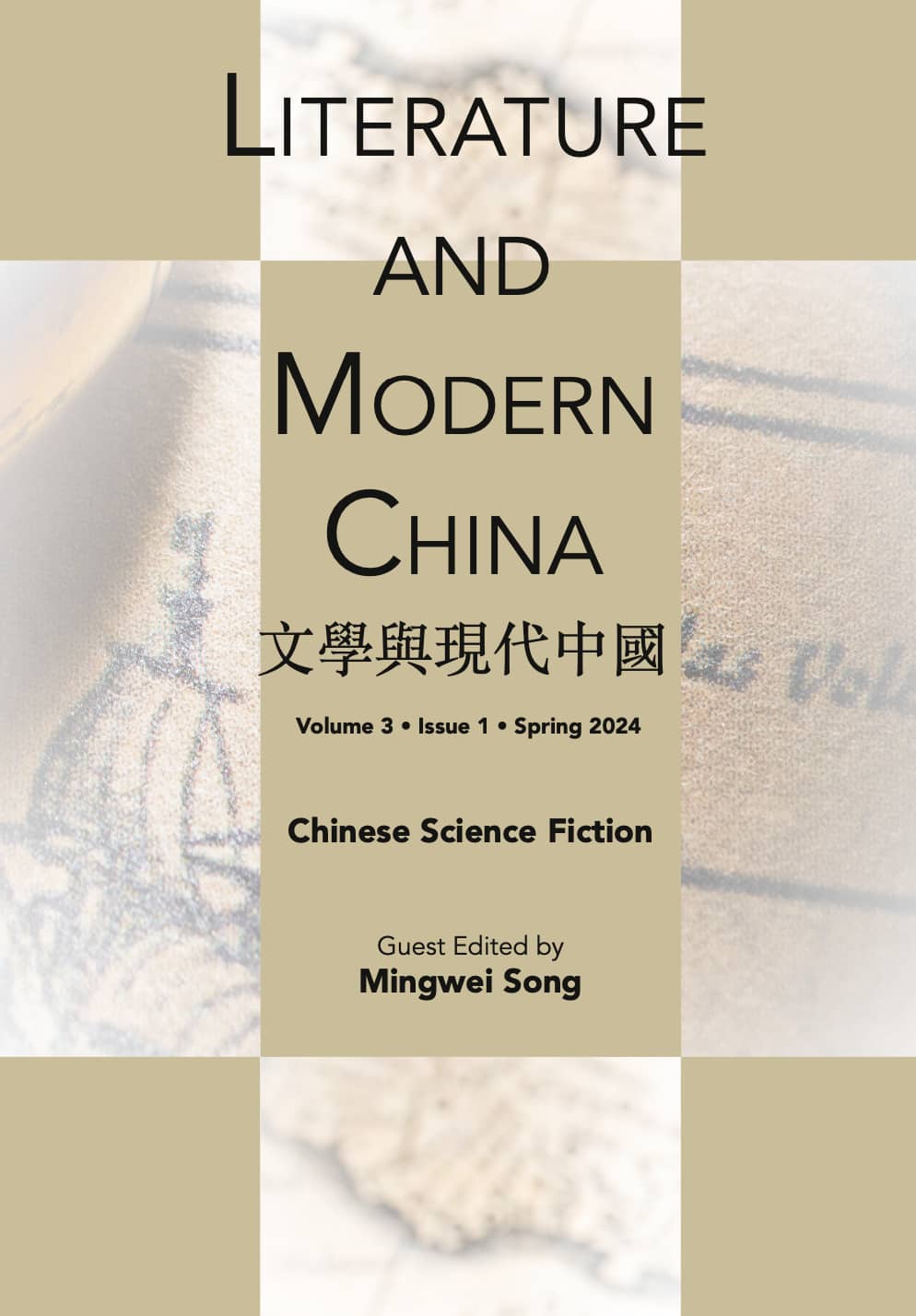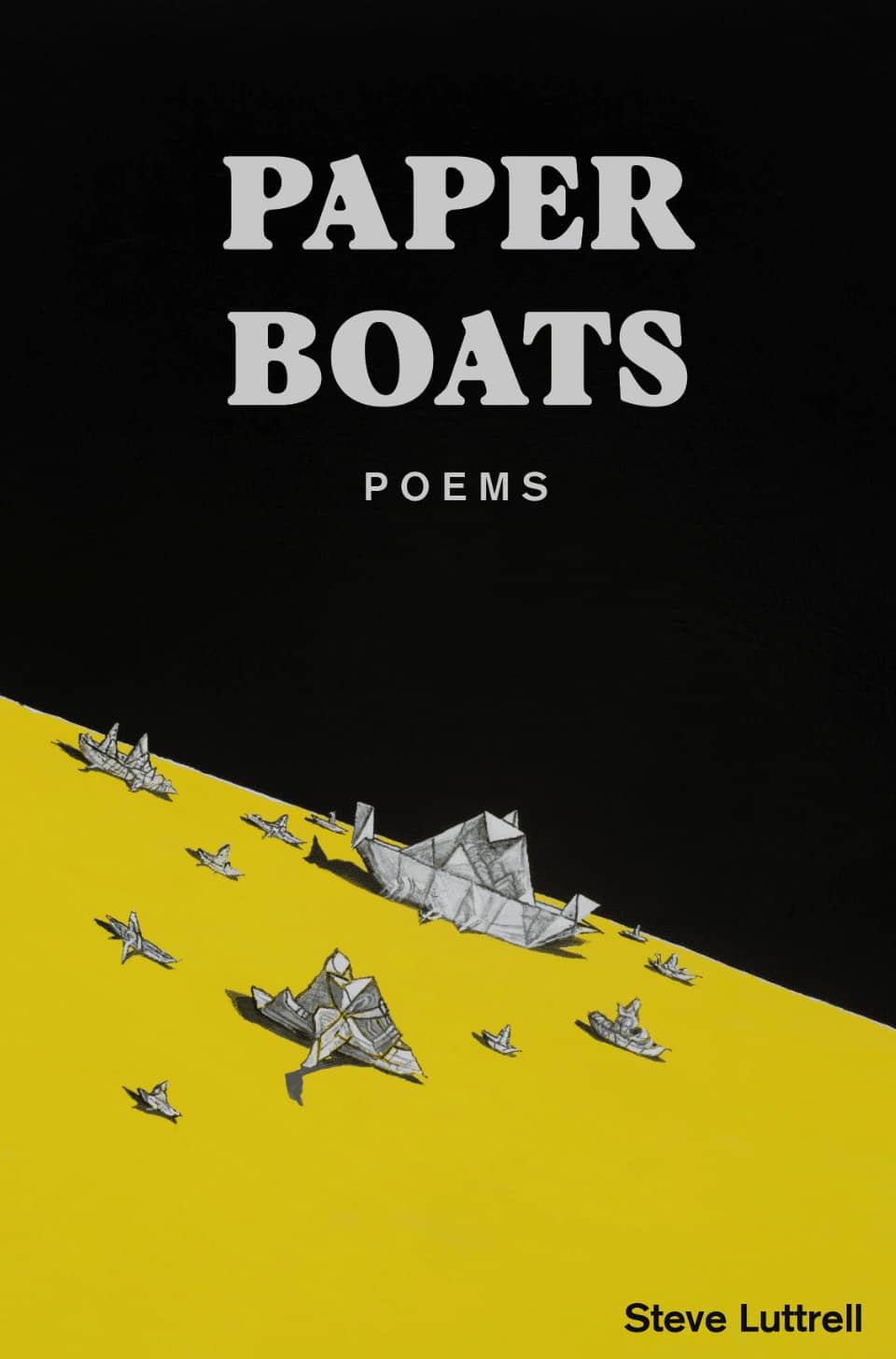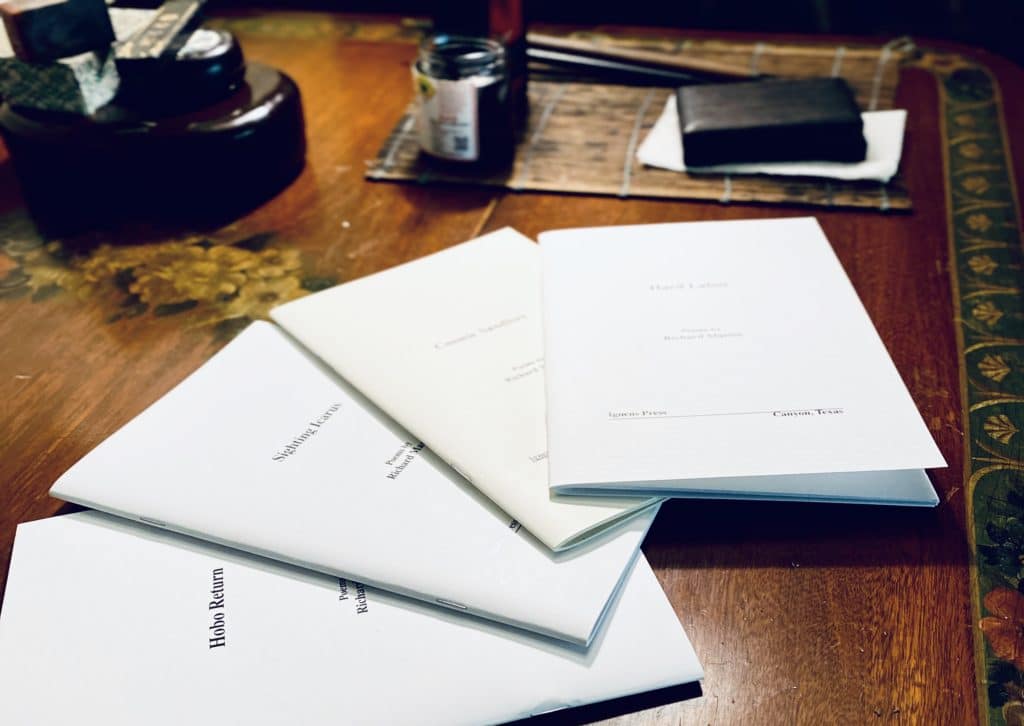
Literature and Modern China: Vol. 3 No. 1 (2024): Chinese Science Fiction: Guest Edited by Song Mingwei
Literature and Modern China 《文學與現代中國》(LMC) is an open-access, international, peer-reviewed journal devoted to all aspects of Chinese literature and literary culture from roughly 1840 to contemporary times. Its mission is to serve as a bridge between the Chinese-speaking and English-speaking worlds of Chinese literature and literary study. It is sponsored and supported by Sichuan University’s College of Literature and Journalism. Printing and publishing services are provided by Igneus Press.
The journal focuses on Chinese literature and culture of the modern and contemporary periods. It is open to all academic approaches to theese topics—including history, criticism, literary theory, translation studies, etc.—and all theoretical perspectives. We welcome work from scholars, critics, translators, graduate students, authors, and all other knowledgeable individuals. If you are interested in submitting an article for consideration, please visit our submissions page. If you have any questions, please feel free to contact the managing editor.
$15.00












